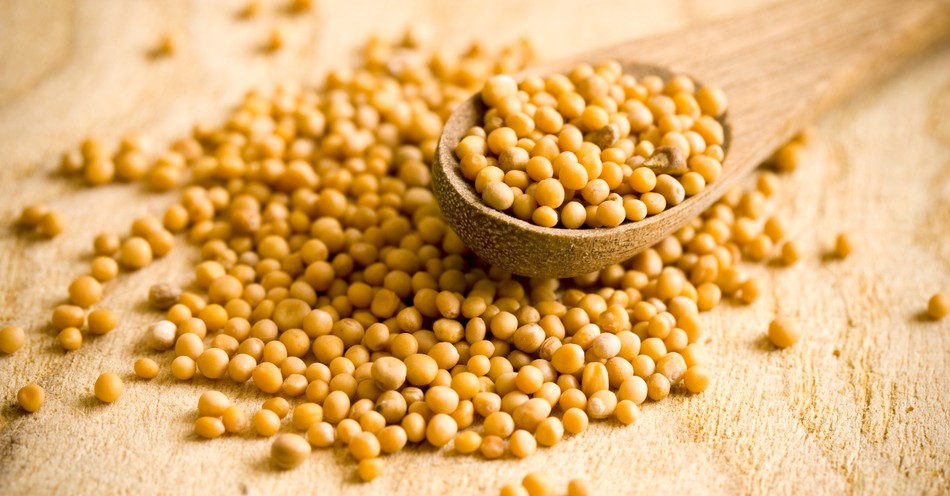“Again [Jesus] said, “What shall we say the kingdom of God is like, or what parable shall we use to describe it? It is like a mustard seed, which is the smallest seed you plant in the ground. Yet when planted, it grows and becomes the largest of all garden plants, with such big branches that the birds of the air can perch in its shade” (Mark 4:30-32).
The Size of Mustard Seeds
A tired old canard making the rounds these days is that the gospel of Mark and the God-man Messiah were both mistaken about the size of mustard seeds. The argument is typically framed as follows: Orchid seeds are smaller than mustard seeds. Thus when Mark records Messiah as saying that a mustard seed is the smallest of all seeds he was patently mistaken. It follows therefore that if Jesus was mistaken, Jesus is not God. And if Mark records Messiah’s mistake, the Bible is not infallible. What’s wrong with this picture?
First, in order to interpret the Bible literally we must pay special attention to what is known as form or genre. Put another way, to interpret the Bible literally we must first consider the form of literature we are interpreting. As a legal brief differs in form from fantasy literature, so, too, a parable concerning a mustard seed would likely differ in form and function from a technical discussion on horticulture.
Furthermore, when Jesus asks, “What shall we say the kingdom of God is like?” (Mark 4:30, emphasis added) we should immediately be alerted to the fact that Jesus is about to use an extended simile (parable) to teach his disciples a principle about the kingdom. Indeed, Jesus says as much when he continues, “or what parable should we use to describe it” (v. 30, emphasis added). As with metaphors, the danger is to interpret extended similes in a strictly wooden literal sense. The kingdom of God is obviously not like a mustard seed in every way. Nor does Jesus intend to make his parable “walk on all fours.” A kingdom does not look like a mustard seed, nor is a mustard seed the smallest seed in the kingdom. Rather the kingdom of God is like a mustard seed in the sense that it begins small and becomes large (cf. Daniel 2:31–45).
Finally, while the One who caused the universe to leap into existence (another figure of speech) by simple speaking would obviously know that an orchid seed is smaller than a mustard seed, an orchid seed would have been profoundly inept for the purpose of the parable. Jesus used the smallest seed familiar to a Palestinian farmer—a small seed that unlike an orchid seed grows to have “big branches that the birds in the air can perch in”—to illustrate that the kingdom of God began in obscurity but would one day “fill the earth.”
In sum, to avoid the dangers of the hyper-literalism of fundamentalist scholars on the left, it is crucial to read the Bible as literature, paying close attention to form. As we do, you and I must ever be mindful that the Bible is not merely literature. Instead, the Scriptures are uniquely inspired by the Spirit. Thus, we must fervently pray that the Spirit, who inspired the Scriptures, illumines our minds as we learn to read the Bible for all it’s worth.
For further study, see “What does it mean to interpret the Bible literally?” [on p. 522].
Hank Hanegraaff is president of the Christian Research Institute and host of the Bible Answer Man broadcast heard daily throughout the United States and Canada. For a list of stations airing the Bible Answer Man, or to listen online, log on to www.equip.org. Photo: ©GettyImages/HeikeKampe
(This article originally appeared at www.equip.org. If you have been helped by this answer, sign up to receive regular newsletters from the Christian Research Institute (CRI) here >> http://www.equip.org/e-truth.)



